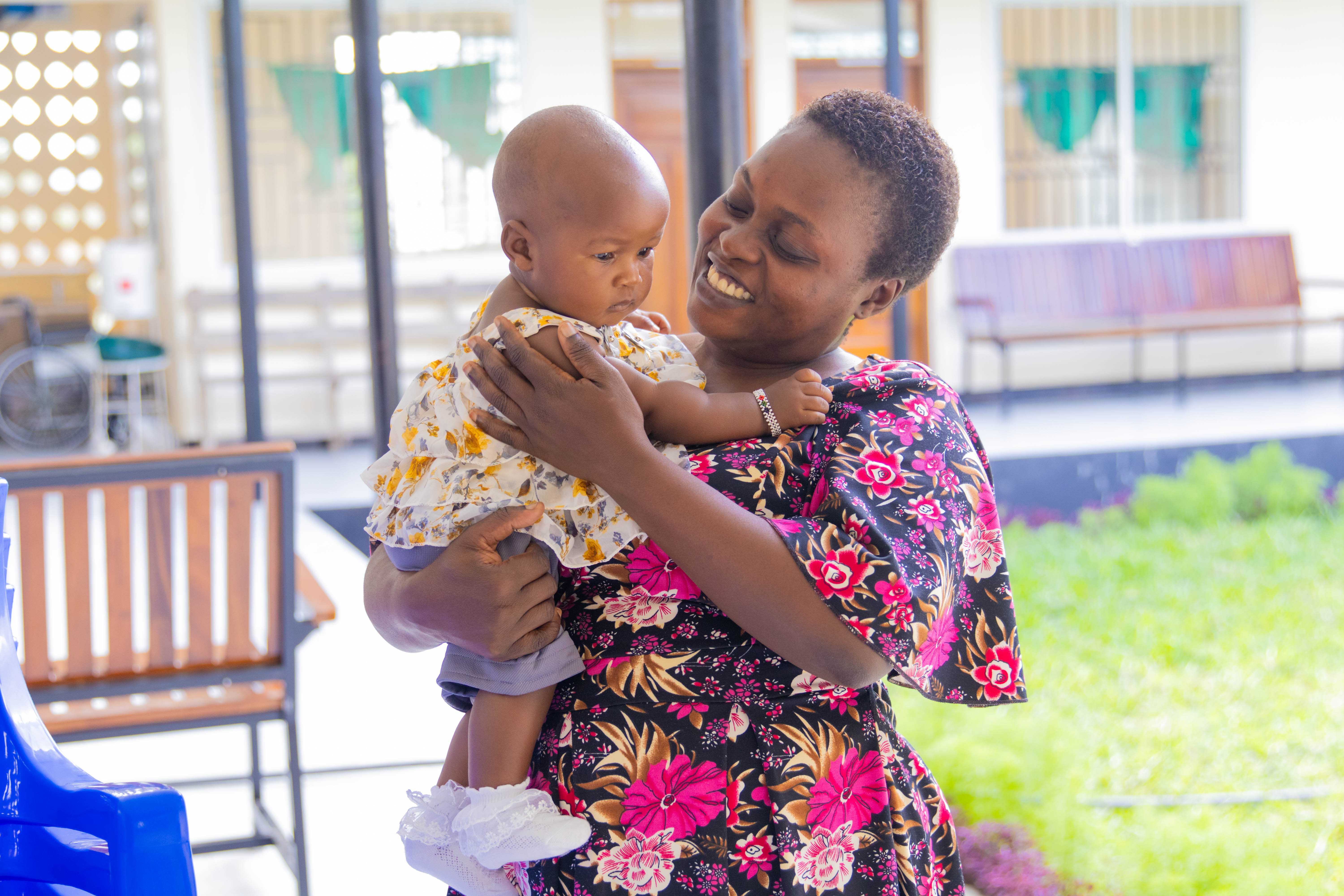
Principal Investigator: Dr. Ally Olotu
Project leader/ Coordinator: Dr. Deborah Sumari
Project Administrator: Edith Nkya
Funding Partner: National Institutes of Health (NIH)
Start date: April 1, 2022
End date: March 31, 2027

Assessing long-term health, socioeconomic impact of interventions targeting low-density malaria infection (LMI) among children in Tanzania - "CHILD MALARIA"
The Child Health and Infection with Low Density (CHILD) Malaria study is a five-year study (April 2022-March 2027) that will assess the long-term health and socioeconomic impact of interventions targeting low-density malaria infection (LMI) among children in Tanzania.
The study, implemented by the Ifakara Health Institute, is an open-label randomized controlled trial involving 600 children aged 6 months to 10 years. Conducted near Bagamoyo, Tanzania—an area with a high proportion of low-density infections—the trial compares the standard case-based on passive case detection (PCD) using mRDT (control arm) with active case detection and PCD using molecular testing to identify subacute or chronic effects.
Background
Low-density malaria infections (LMI) are often chronic and represent a high proportion of infections among children in the community and children presenting with fever, but they have been largely ignored because standard point-of-care diagnostics have limited sensitivity to detect them. There is a growing body of evidence to suggest that LMIs are associated with recurrent malaria, chronic anemia, poor growth, co-infection with invasive bacterial disease, and cognitive impairment.
Objectives of CHILD Malaria study
The overall objective of the CHILD study is to determine the long-term health and socioeconomic effects of detecting and treating LMI in children. The study will investigate if compared to a standard of care, detecting and treating LMI through the use of molecular detection methods in active case detection (ACDm) and passive case detection (PCDm) in children will improve all-cause morbidity and have cognitive and socioeconomic benefits. The potential long-term impact is improved health, cognitive, and socioeconomic potential for millions of children living in areas afflicted by malaria worldwide.
Specifically, the project aims:
- To assess the impact of standard PCD plus ACDm Vs standard PCD alone on long-term child health. In the ACDm arm, children will receive ACD using RDT and qPCR 3x yearly with treatment using artemether-lumefantrine (AL) if RDT or qPCR is positive. Both arms will receive standard PCD using RDT.
- To assess the impact of PCDm vs standard PCD on long-term child health. For fever episodes, both arms will receive standard PCD using RDT. In the ACDm arm, qPCR will be done in RDT negative with treatment using AL if positive. Neither arm will receive ACD.
- To evaluate the cost-effectiveness of ACDm and PCDm.
- To inform the potential scalability of the interventions, we will use socioeconomic cost data from aims 1 and 2 to compare each intervention to control and calculate outcome costs per sick visit averted, per disability-adjusted life years (DALYs) and per economic dollar saved.
Collaborating partners
The CHILD Malaria study is being conducted in Bagamoyo district, at Kiwangwa and Fukayosi wards. Ifakara is collaborating with international institutions such as the University of California, San Francisco, Swiss TPH, and Stanford University to implement the project, which is funded by the NIH.
Leading the Ifakara project team are Dr. Ally Olotu, the Principal Investigator and Dr. Deborah Sumari, the Project leader with Edith Nkya serving as the Project Administrator.
